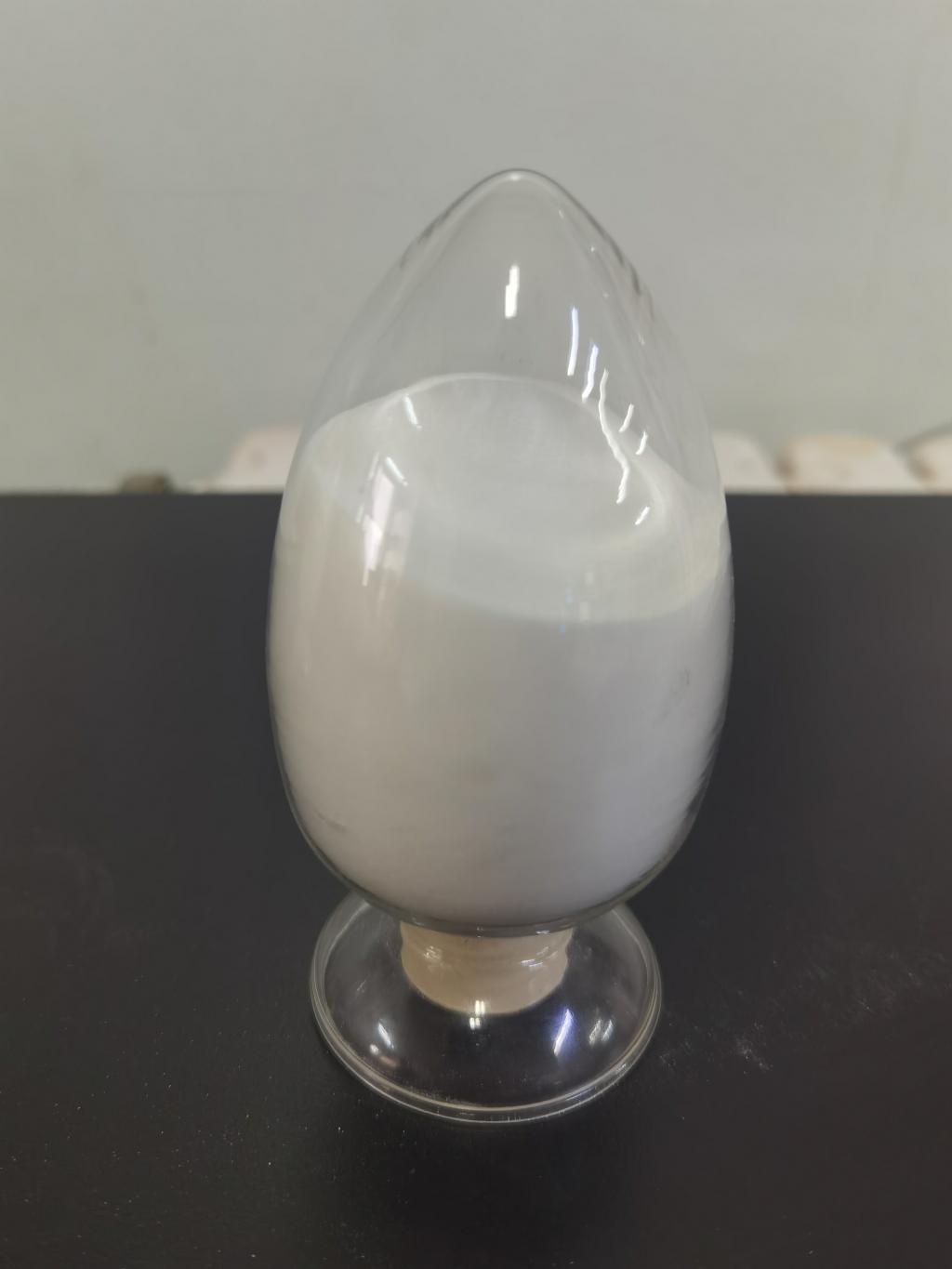Tel:0086 18231198596

News
Current Position:
Home >
News
>Advancing Precision Medicine: ε-Polylysine Hydrochloride's Potential in Healthcare
Advancing Precision Medicine: ε-Polylysine Hydrochloride's Potential in Healthcare
TIME:2024-01-29
The Unique Properties of ε-Polylysine Hydrochloride:
Natural Antimicrobial Activity: Derived from microbial fermentation, ε-Polylysine hydrochloride exhibits potent antimicrobial properties, inhibiting the growth of a broad spectrum of bacteria and molds. This natural origin aligns with the demand for clean-label and sustainable healthcare solutions.
Biocompatibility: Studies have demonstrated that ε-Polylysine hydrochloride is biocompatible, showing minimal cytotoxicity. This characteristic is essential for its safe integration into various medical applications without adverse effects on human cells.
pH Stability: ε-Polylysine hydrochloride maintains stability over a wide range of pH levels. This stability is advantageous for applications in different physiological environments within the human body.
Potential Immunomodulatory Effects: Preliminary research suggests that ε-Polylysine hydrochloride may have immunomodulatory effects. This property opens avenues for its exploration in enhancing immune responses and immune-related therapies.
Applications of ε-Polylysine Hydrochloride in Precision Medicine:
Drug Delivery Systems:
Nanoparticle-Based Drug Delivery: ε-Polylysine hydrochloride can be employed in the formulation of drug-loaded nanoparticles. These nanoparticles, with ε-Polylysine hydrochloride coatings, can enhance drug stability, improve targeted delivery, and potentially reduce side effects.
Sustained Release Formulations: The controlled release of therapeutic agents is critical in precision medicine. ε-Polylysine hydrochloride's stability and biocompatibility make it an ideal candidate for designing sustained-release formulations, ensuring prolonged therapeutic effects.
Diagnostic Applications:
Imaging Contrast Agents: ε-Polylysine hydrochloride-coated nanoparticles can serve as contrast agents in medical imaging. This application enhances imaging resolution and enables more accurate diagnostics in areas such as magnetic resonance imaging (MRI) and computed tomography (CT).
Biosensors: The antimicrobial properties of ε-Polylysine hydrochloride make it suitable for the development of biosensors. These biosensors can detect specific biomarkers, contributing to early disease diagnosis and monitoring.
Personalized Therapies:
Tailored Antimicrobial Treatments: The broad-spectrum antimicrobial activity of ε-Polylysine hydrochloride can be harnessed for personalized antimicrobial treatments. Its versatility allows for customization based on the specific microbial profile of individual patients.
Immunotherapy Enhancements: Preliminary studies suggest that ε-Polylysine hydrochloride may have immunomodulatory effects. This property could be explored to enhance the effectiveness of immunotherapies, contributing to personalized cancer treatments.
Wound Healing:
Antimicrobial Wound Dressings: ε-Polylysine hydrochloride's antimicrobial properties can be utilized in the development of wound dressings that combat infections. These dressings promote a sterile environment for enhanced and personalized wound healing.
Acceleration of Tissue Repair: The potential immunomodulatory effects of ε-Polylysine hydrochloride may contribute to faster tissue repair and regeneration. This property can be harnessed for personalized approaches to wound healing and tissue engineering.
Mechanisms of Action in Precision Medicine:
Enhanced Drug Stability: ε-Polylysine hydrochloride can protect drugs from degradation, enhancing their stability. This property is crucial for the development of drug formulations with prolonged shelf life and improved pharmacokinetics.
Targeted Drug Delivery: Coating nanoparticles with ε-Polylysine hydrochloride can facilitate targeted drug delivery. The positively charged peptide interacts with negatively charged cell membranes, promoting selective drug release at specific sites within the body.
Immunomodulation: ε-Polylysine hydrochloride's potential immunomodulatory effects may involve interactions with immune cells. Further research is needed to elucidate these mechanisms and explore how they can be harnessed for personalized immunotherapies.
Challenges and Considerations:
Biodegradability and Clearance: The biodegradability of ε-Polylysine hydrochloride and its clearance from the body are important factors in ensuring its safety in medical applications. Collaborative efforts between researchers and regulatory agencies are needed to comprehensively assess these aspects.
Optimal Dosage and Concentration: Determining the optimal dosage and concentration of ε-Polylysine hydrochloride in different medical applications is essential. Collaboration between researchers and healthcare professionals is crucial for tailoring these parameters to individual patient needs.
Long-Term Effects: Long-term studies are necessary to assess the safety and long-term effects of ε-Polylysine hydrochloride in precision medicine applications. Collaboration between research institutions and healthcare providers can facilitate these longitudinal studies.
Future Prospects and Collaborative Initiatives:
Clinical Trials and Translational Research: Collaborative initiatives between researchers, pharmaceutical companies, and healthcare institutions are needed to advance ε-Polylysine hydrochloride from preclinical studies to clinical trials. Translational research will be essential to validate its safety and efficacy in diverse patient populations.
Interdisciplinary Collaborations: Precision medicine requires a multidisciplinary approach. Collaborations between biochemists, pharmacologists, clinicians, and engineers can foster innovation and accelerate the development of ε-Polylysine hydrochloride-based precision medicine applications.
Global Research Consortia: Establishing global research consortia can facilitate the exchange of knowledge and resources. Collaborative efforts on an international scale can accelerate the development of ε-Polylysine hydrochloride-based precision medicine solutions and ensure their accessibility worldwide.
Conclusion:
ε-Polylysine hydrochloride's potential in precision medicine signifies a promising avenue for advancing individualized healthcare. From drug delivery systems to diagnostic applications and personalized therapies, this natural antimicrobial peptide offers a versatile platform for innovation. As research progresses and collaborative initiatives unfold, ε-Polylysine hydrochloride may play a pivotal role in shaping the future of healthcare, contributing to more effective and personalized treatments while minimizing adverse effects. With its unique properties and potential applications, ε-Polylysine hydrochloride stands as a beacon of hope in the journey towards precision medicine's evolution and integration into mainstream medical practices.

 CONTACT
CONTACT




